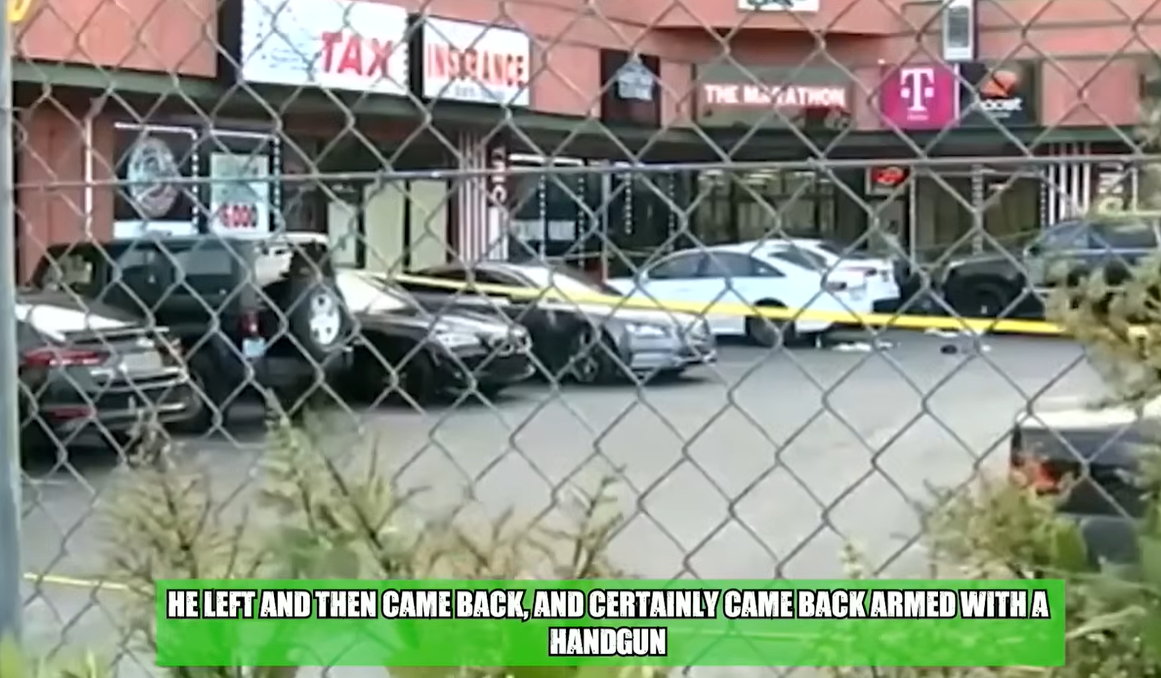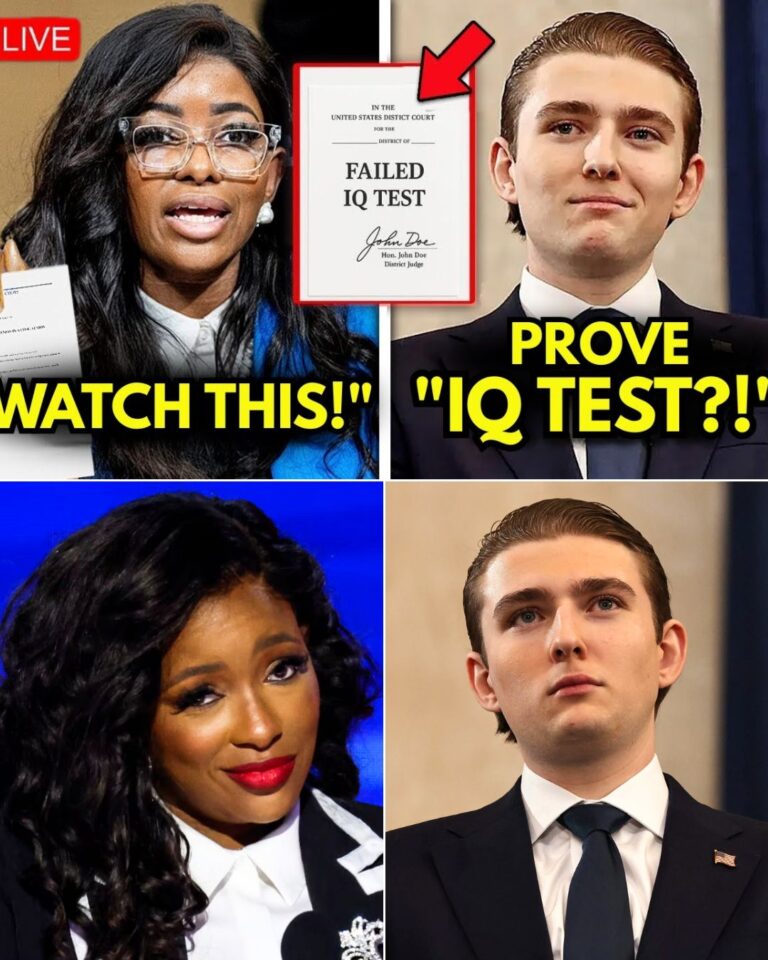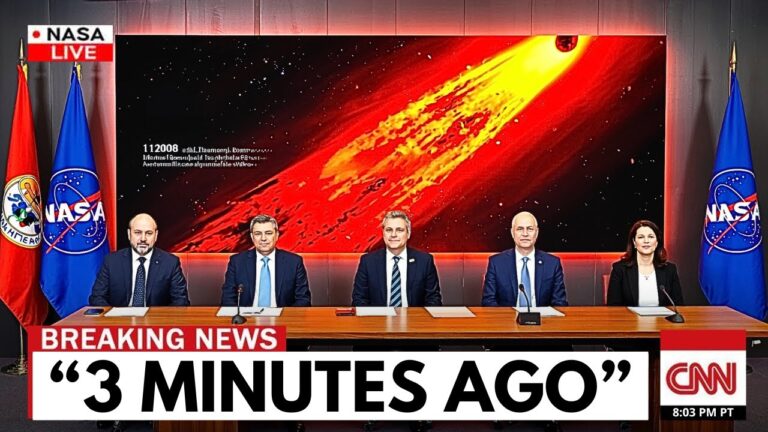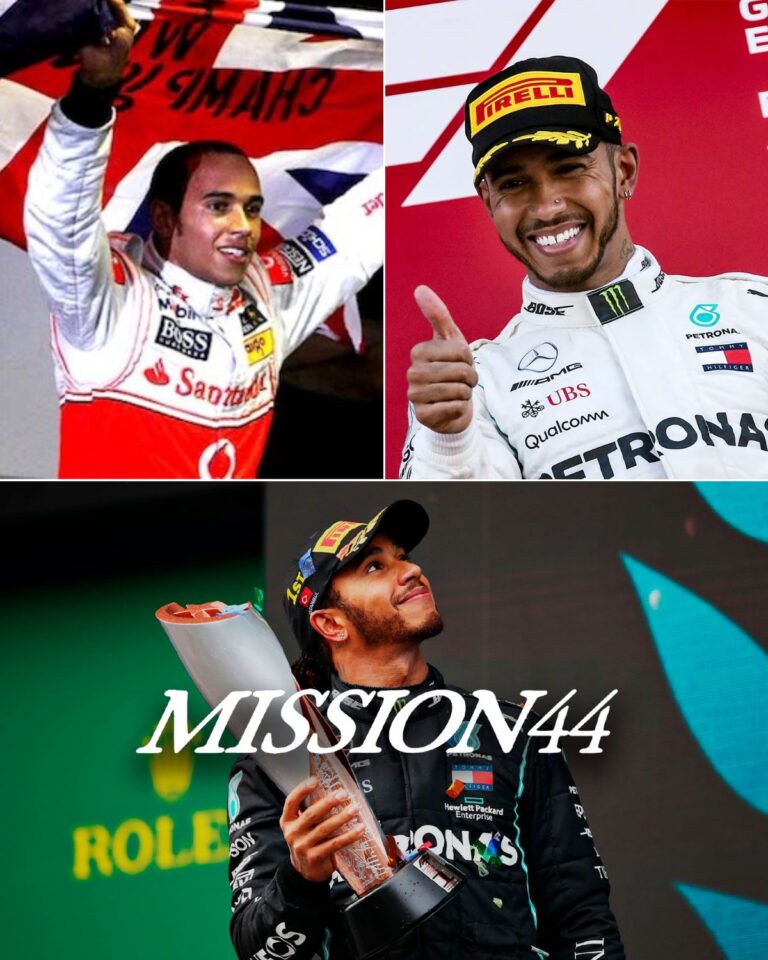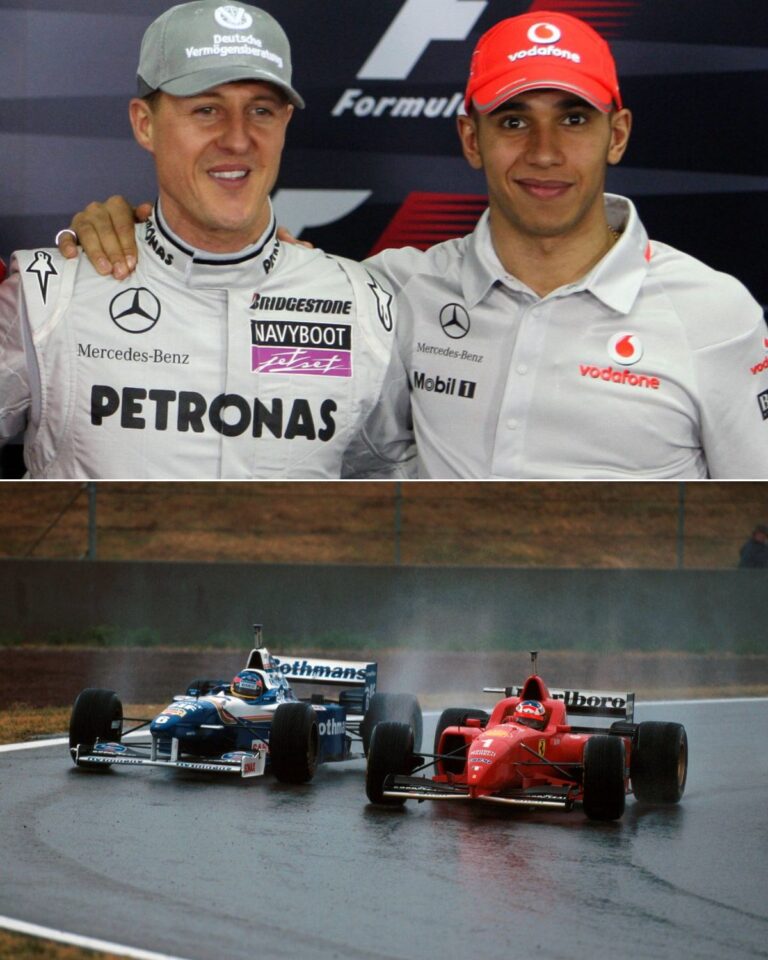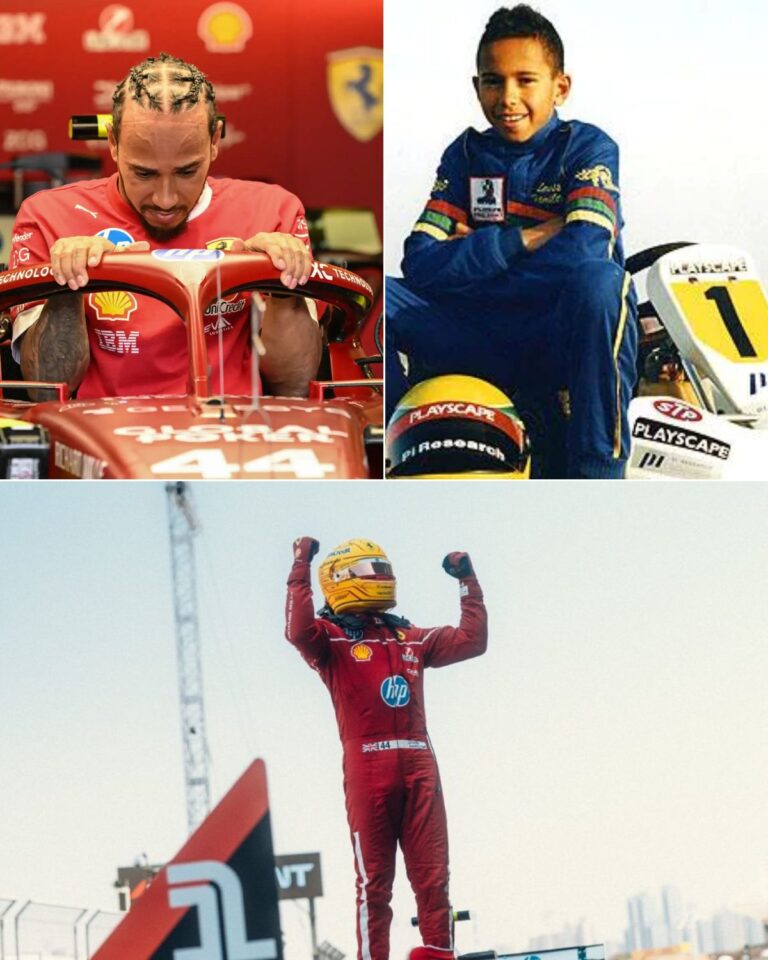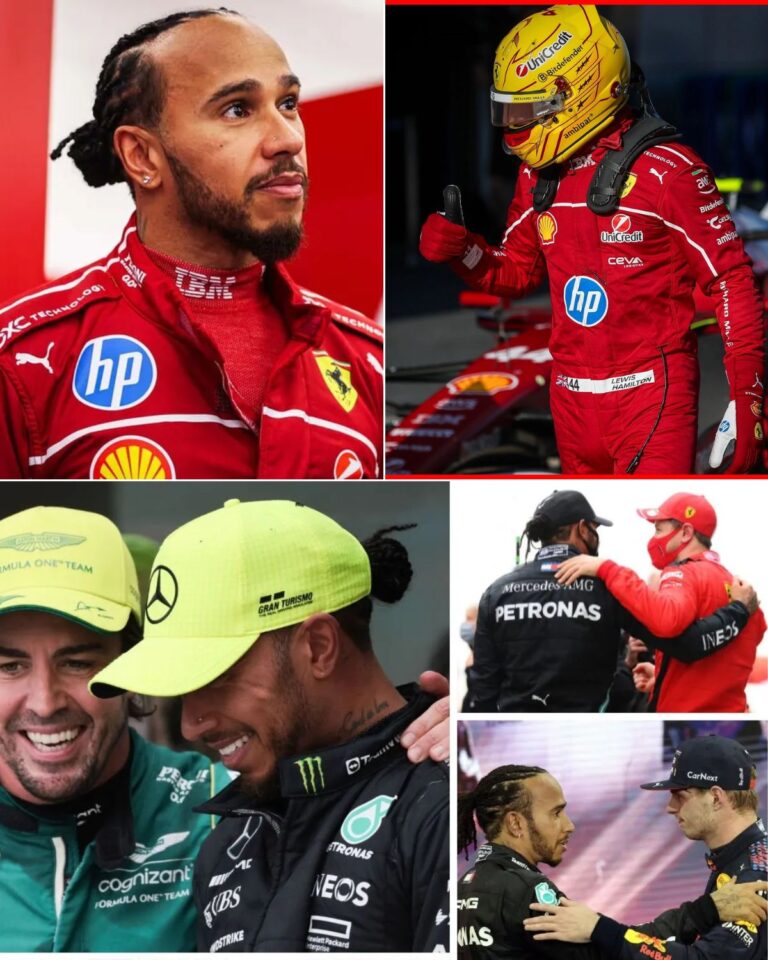A tragic and violent episode unfolded on Halloween night in South Los Angeles, forever altering the lives of two families entwined in a web of gang politics and unexpected tragedy. At approximately 11:11 PM on October 31, 2025, Jabari Henley, a father dedicated to breaking the cycle of street violence inherited from his notorious father Big U, was ruthlessly shot multiple times outside a smoke shop in the Vermont Slawson neighborhood—a site that has seen generations of gang strife and street violence. This gruesome homicide sends shockwaves rippling through the community, igniting discourse around legacy, loyalty, and the relentless brutality faced by those trying to escape the grip of past sins.
 Jabari, age 34, had seemingly distanced himself from the violence that once shadowed his father, the reputed leader of the Rollin’ 60s Neighborhood Crips, but fate dealt him a grim hand. Witnesses reported that moments before his life was brutally cut short, Jabari appeared to make casual conversation with someone in a dark sedan before the car’s occupants unleashed a hail of gunfire; at least seven shots rang out, striking the devoted father four times. Eyewitnesses described a chilling scene of chaos as Jabari stumbled backward, desperately attempting to cling to life, smearing blood against the smoke shop’s glass door, a horrifying testament to his final moments. Paramedics arrived, but despite their frantic efforts, Jabari was pronounced dead at 11:28 PM, leaving unanswered questions and heart-wrenching grief in his wake.
Jabari, age 34, had seemingly distanced himself from the violence that once shadowed his father, the reputed leader of the Rollin’ 60s Neighborhood Crips, but fate dealt him a grim hand. Witnesses reported that moments before his life was brutally cut short, Jabari appeared to make casual conversation with someone in a dark sedan before the car’s occupants unleashed a hail of gunfire; at least seven shots rang out, striking the devoted father four times. Eyewitnesses described a chilling scene of chaos as Jabari stumbled backward, desperately attempting to cling to life, smearing blood against the smoke shop’s glass door, a horrifying testament to his final moments. Paramedics arrived, but despite their frantic efforts, Jabari was pronounced dead at 11:28 PM, leaving unanswered questions and heart-wrenching grief in his wake.
This tragic loss comes less than six years after the similarly brutal murder of Nipsey Hussle, a prominent figure in the hip-hop community and a serious influence on Jabari’s father. With allegations swirling that Jabari’s murder may be tied to the same gang politics that led to Nipsey’s untimely death, the legacy of violence continues to plague not just individuals but entire families. The collateral damage of street life lingers long after the headlines fade, establishing an unyielding cycle of vengeance that seems unforgiving.
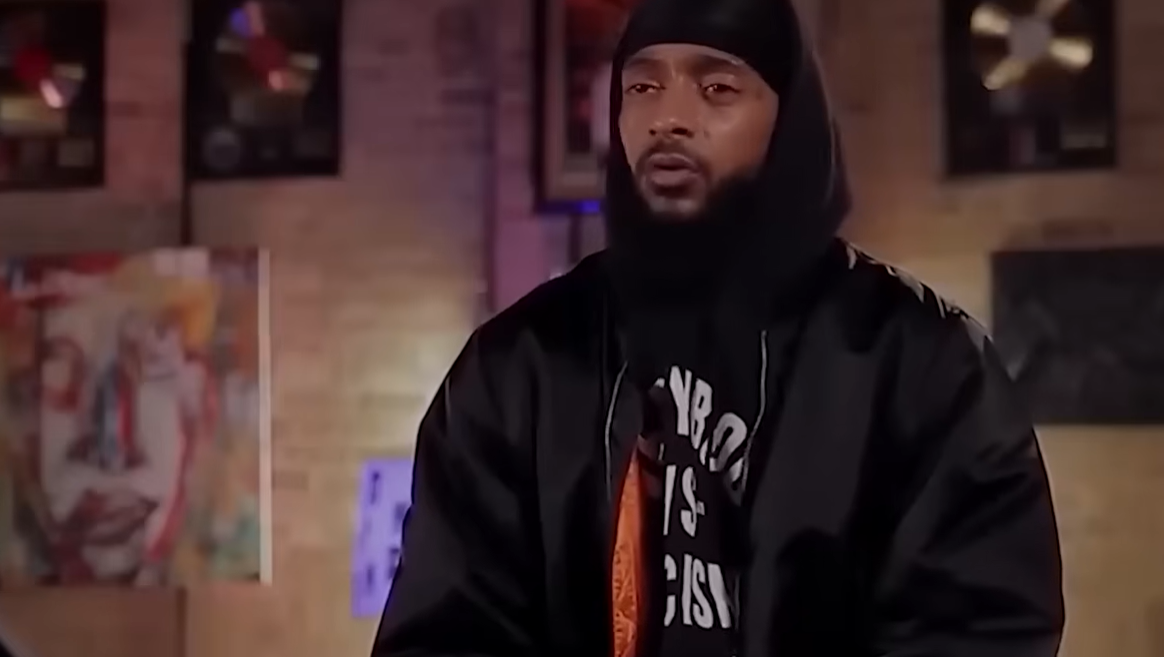
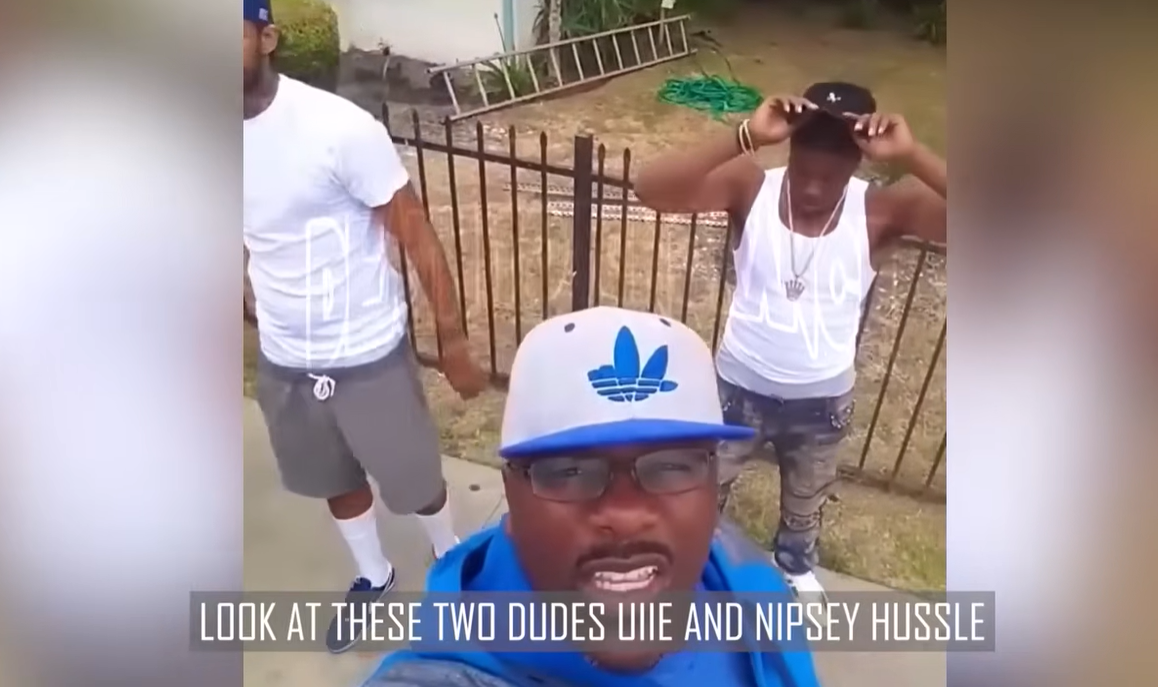
The distressing circumstances of Jabari’s murder – described by law enforcement as a targeted homicide – have ignited rampant speculation and conspiracy theories across social media. Forensic evidence revealed a partial DNA match with individuals linked to the Hoover Criminals, rivals of the Rollin’ 60s. Historical gang animosities dating back decades are awoken with this new act of violence, prompting cries of retaliation and stirring the ashes of old beefs long festering beneath the surface.
Adding to the tragedy of Jabari’s death are the chilling words that, according to social media interpretations, transformed from the mundane into ominous prophecies. While there is no verified record of Jabari’s last words uttered before the gunfire erupted, they have been distorted through various accounts, creating a narrative that echoes throughout the streets. This misinformation has led many to grapple with the idea of karma, insinuating that the sins of Big U have found a new victim in his son Jabari. Confusion and opportunism have become intertwined in the narrative presented online, with even Jabari’s death being exploited for mockery and ridicule directed at Big U, deepening the wounds of loss felt by many.
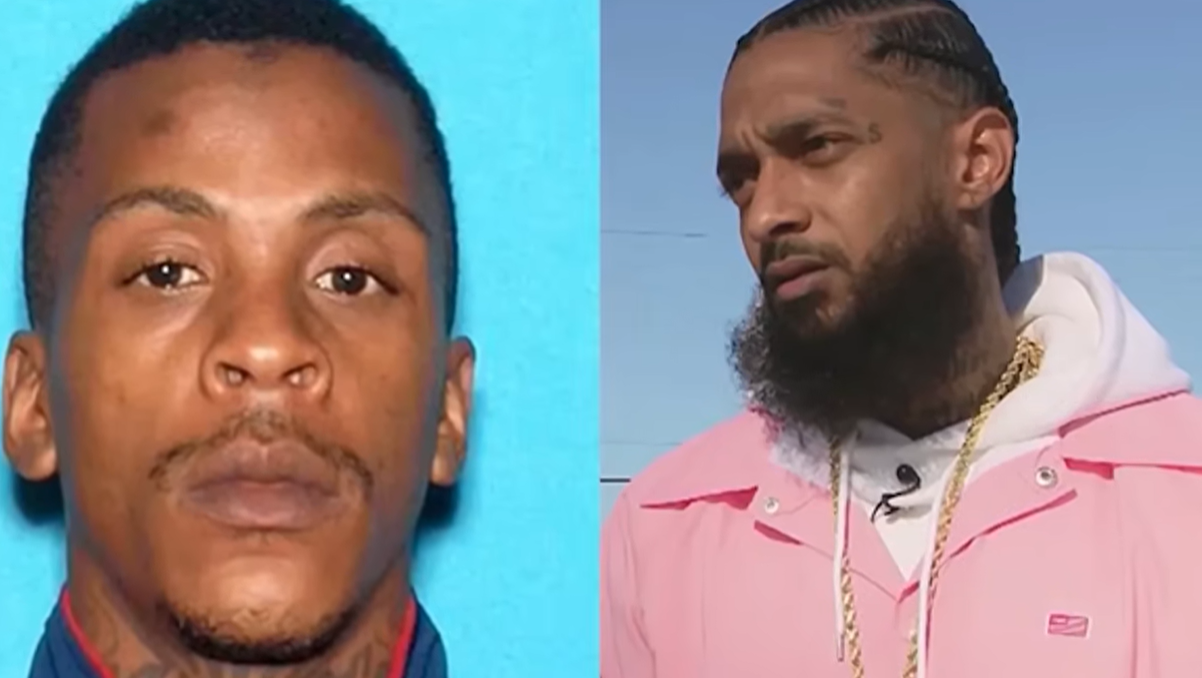
In the wake of Jabari’s heinous violence, the hip-hop community is left grappling with the ramifications of his sudden loss. Friends and family are faced with memories of a man striving to forge a different path from his father’s legacy. The intersection of loyalty and betrayal becomes strikingly apparent as many now ask, can one truly escape the past when it continues to haunt them like a dark shadow? The turmoil and complexities of familial ties formulated through shared history and bloodline become painfully manifest.
On social media, divisive reactions followed news of the shooting—while condolences and tributes poured in from those who mourned Jabari, others inexplicably rejoiced, using his death as a twisted form of vindication against Big U. The conversation quickly devolved as hashtags promoting karma and justice began trending. Posts juxtaposing images of Jabari with those of Nipsey Hussle depicted the duality of loss between two families, suggesting that perhaps this was a message from the universe—the streets dealing retribution long overdue.
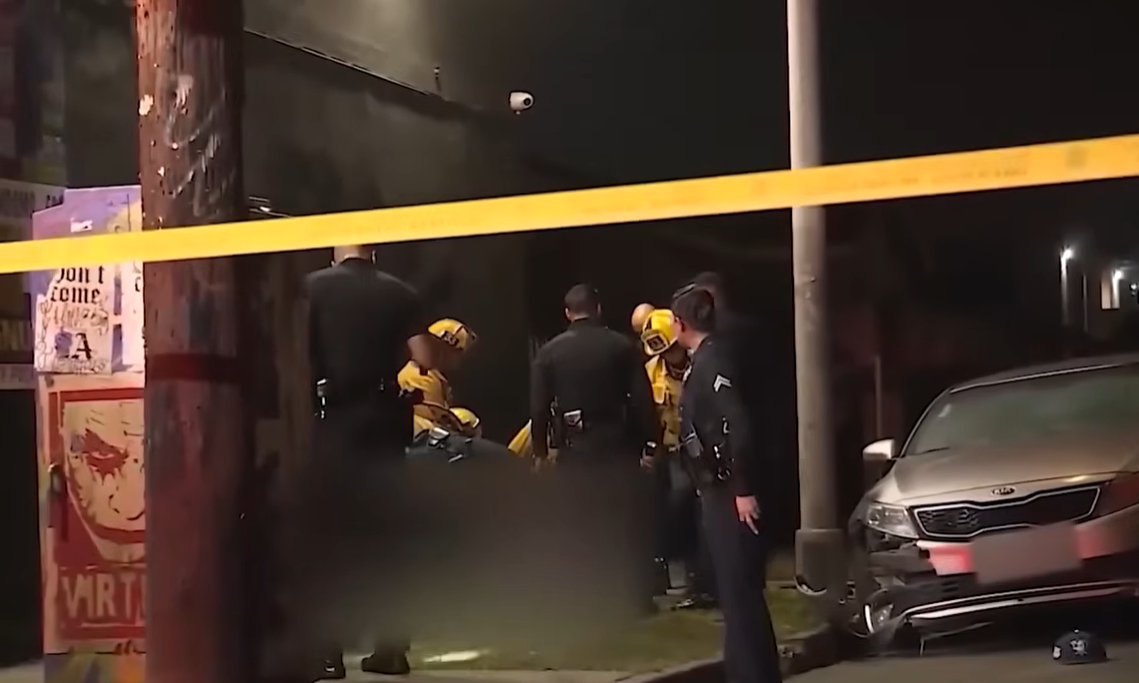
Amidst the chaos, respected figures within the hip-hop community, including Black Sam, Nipsey’s brother, echoed calls for peace while reinforcing the necessity of grieving authentically rather than seeking to manifest violence through celebratory narratives. Instantly, the tragedy broadened from a single life lost to an exploration of the deeper roots of gang violence and its insidious impact on families.
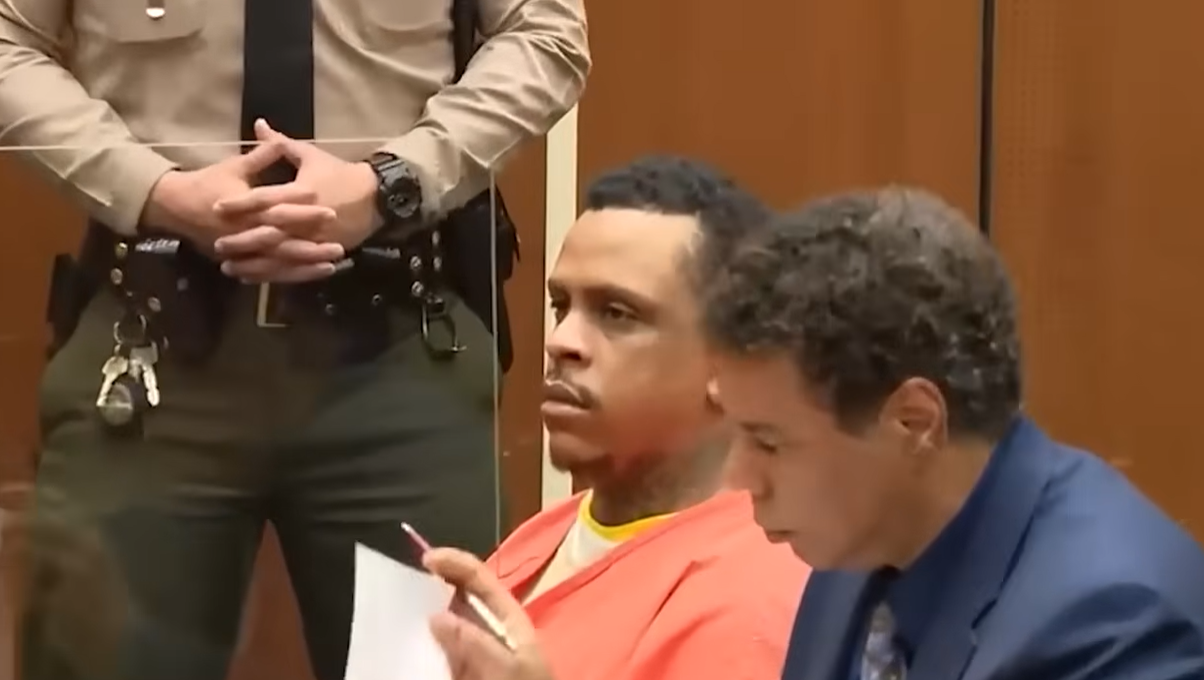
The heart-wrenching reality remains that the violence instigated by machinations of the past strikes at the innocent, leaving children without fathers and communities in a constant state of remorse and sorrow. Jabari Henley’s death is not simply a tragic headline in a world desensitized to gun violence; it is a stark reminder of the ongoing struggle against the cycle perpetuated by loyalty to an unavoidable legacy. With every pull of the trigger, the cycle waits ready to claim its next victim, leaving a trail of heartache as loved ones try to reconcile the legacy they have inherited.
As the streets of South Los Angeles struggle to absorb yet another loss, one must wonder; how many more lives must fall victim to the cycle of violence before we can collectively siphon hope from despair? Will there be a reckoning, or will the pain persist, echoing through the annals of history as the sins of the father are revisited upon the sons? As the community counts yet another loss, these are the questions that echo through the heart of a grieving nation. The time for answers is now, before the streets claim yet another victim and silence another voice yearning for change amidst the chaos.
